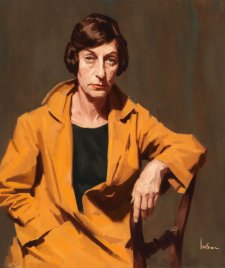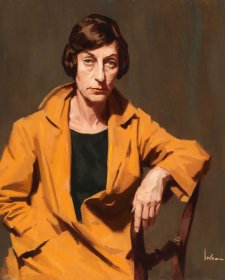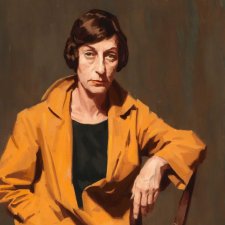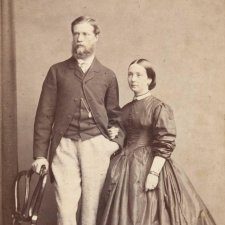Despite ruling class convictions of superior civil advancement in the ‘mother country’, women in Australia and New Zealand got voting rights years before British women did – in large part due to Vida Goldstein and her colleagues.
‘We deserve a better standard than this.’ So Prime Minister Julia Gillard concluded her famous 2012 speech, dismantling her opposite number – a man known to say things like: ‘If it’s true ... that men have more power, generally speaking, than women, is that a bad thing?’ Such unmitigated sexism came more than a century after another Victorian feminist had become the first woman in the British Empire to run for parliament. Vida Goldstein joined the suffragette cause in 1891 and was at its forefront when Australian women won the vote under the Commonwealth Franchise Act of 1902. But Victoria repeatedly rejected state legislation on women’s suffrage, prompting Goldstein to stand for the senate in the 1903 federal election. She stood again multiple times, but never gained a seat. In London, however, she was feted as ‘one of the foremost leaders of the Australian women‘s movement … now helping her sisters in England to win their freedom’.





























